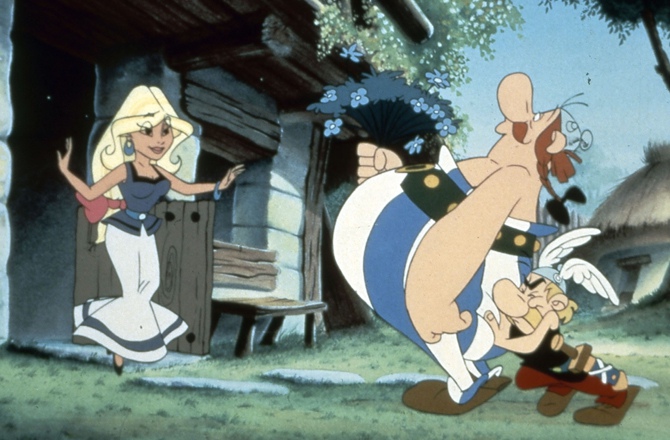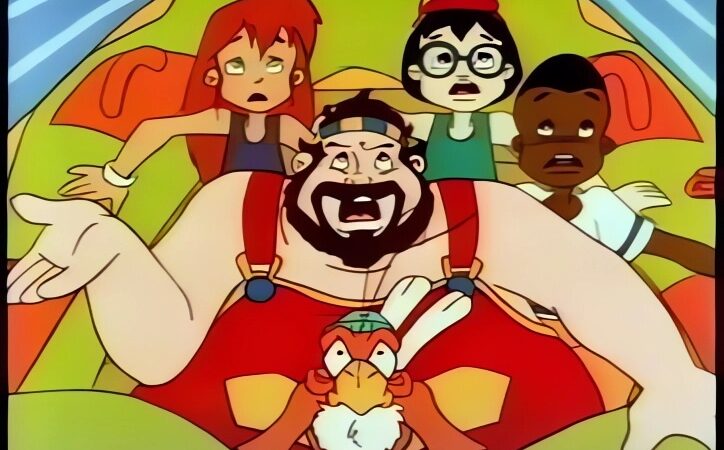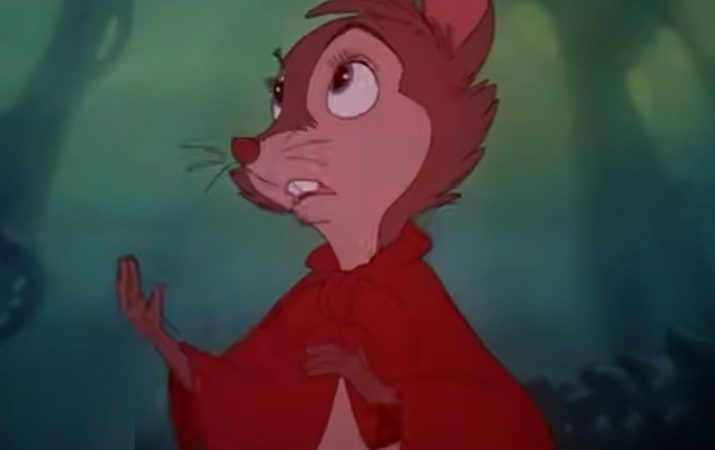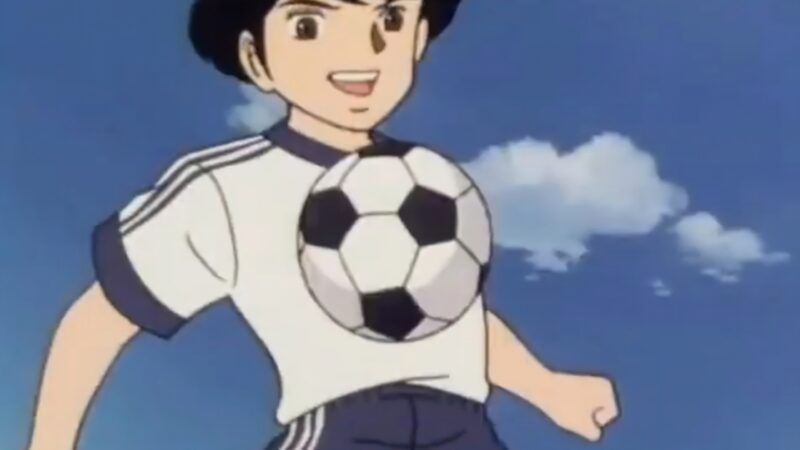The Wise Hen - The first Donald Duck cartoon from 1934
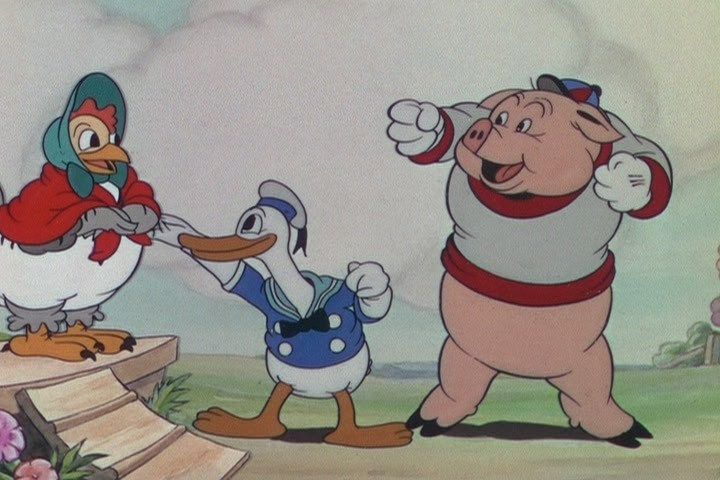
The Wise Little Hen (original title The Wise Little Hen) is a 1934 Walt Disney cartoon of the Silly Symphony, based on the Russian folk tale The Little Red Hen). The cartoon features the debut of Paperino , dancing to the rhythm of the Sailor's Hornpipe. Paperino (Donald Duck) and his friend Meo Porcello (Peter Pig) try to dodge work, faking stomach pains until Ms. Hen teaches them the value of work. Although distributor United Artists indicated June 9, 1934 as the cartoon's release date, it actually premiered May 3, 1934 at the Carthay Circle Theater in Los Angeles for a charity program, while it was later given its official debut on June 7 at Radio City Music Hall in New York City. It was animated by Art Babbitt, Dick Huemer, Clyde Geronimo, Louie Schmitt and Frenchy de Tremaudan (with the assistance of a group of junior animators led by Ben Sharpsteen) and directed by Wilfred Jackson. The story was also adapted into Ted Osborne and Al Taliaferro's comic Silly Symphony Sunday, which was Donald Duck's first appearance in the Disney comics.

History
“The wise hen” of 1934 (original title The Wise Little Hen) is the first short film in which Donald Duck, the funny and messy character of Walt Disney, appears. Mother hen comes out of the hen house and calls her numerous and noisy chicks to help her in the sowing of corn. Since the work is demanding and tiring, the little hen comes up with the idea of asking her neighbor Meo Porcello to help her. She goes to him and finds him intent on dancing and playing. After a few pleasantries, the Gallinella exposes her idea to him, but Meo Porcello, lazy and listless, absolutely does not want to work and so he replies that he has a severe stomach ache and runs away to take refuge in his little house. The poor hen, despite being shot down for this refusal, does not lose heart and, having called her chicks, goes away under the gaze of Meo Porcello who observes her in secret. Thus he arrives at the house of another neighbor Donald, who is also busy dancing and singing on his little boat. The two greet each other amicably and the hen also asks him for help in sowing. But even Donald, as soon as he realizes he has to work, feigns a painful stomach ache and moves away from his neighbor by hiding in the boat. So Mother Chioccia left alone and without the help of her neighboring liars goes away disconsolately. It seems that the little family has to get by on their own and in fact the cheerful chicks begin to prepare the land, plowing the field with improvised tools and under the watchful eye of the mother who certainly does not lack good humor. The corn is sown and the work is done. But the two neighbors once again refuse to help her and so the hen discovered the lie decides to take revenge. He prepares all kinds of delicacies and delicacies with the harvested wheat and promises to give them to Meo and Donald Duck. But in reality, the two will find only castor oil in the basket to cure their stomach ache.



Technical data
Directed by Wilfred Jackson
Produced by Walt Disney
Music by Leigh Harline
Animation of Archie Robin, Clyde Geronyms, Babbitt Art, Louie Schmitt, Ugo D'Orsi, Frenchy de Tremaudan, Wolfgang Reitherman, Dick Huemer
Production company Walt Disney
Distributed by United Artists
Exit date May 3, 1934 (Carthay Circle Theater), June 7, 1934
Duration 7 minutes
Source: en.wikipedia.org/ , cartoonsonline.com

